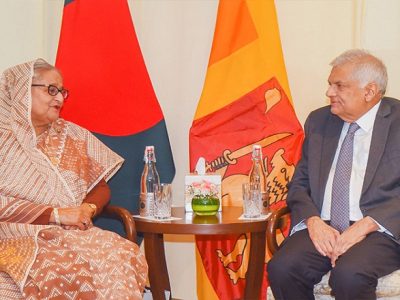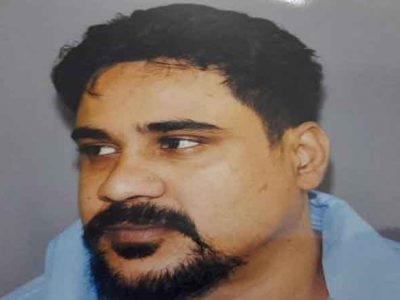(COLOMBO, LANKAPUVATH) –The United Nations Human Rights Council (UNHRC) Thursday without a vote adopted the consensus resolution on Sri Lanka which proposes to give more time to Sri Lanka to fulfil its commitments for reconciliation and transnational justice.
The Core Group on Sri Lanka, comprising Canada, Germany, Montenegro, North Macedonia and the United Kingdom of Great Britain and Northern Ireland presented the resolution A/HRC/40/L.1 titled “Promoting reconciliation, accountability and human rights in Sri Lanka”.
Sri Lanka during the Interactive Dialogue at the 40th Session of the UNHRC in Geneva co-sponsored the resolution 40/1 reaffirming its commitment to the reconciliation process and commitments articulated in the UN Resolutions 34/1 and 30/1 it cosponsored in 2017 and 2015 respectively.
During the Interactive Dialogue on Wednesday (March 20), the High Commissioner for Human Rights Michelle Bachelet expressed concern over Sri Lanka’s slow progress in establishing transitional justice mechanisms to address the accountability and called on Sri Lanka to implement a detailed, comprehensive strategy for the transitional process with a fixed timeline, to address all the transitional justice pillars identified in Resolution 30/1, which, was co-sponsored by Sri Lanka.
Foreign Affairs Minister Tilak Marapana delivering a response statement said Sri Lanka is committed to pursue the process of Truth, Justice, Reparations and Guarantees of Non-Recurrence in 2015 and has been taking concrete action since, to move forward on these pillars.
The resolution 40/1 welcomed the positive engagement of the Government of Sri Lanka with the High Commissioner and the Office of the High Commissioner since October 2015.
Recognizing the strong role played by democratic institutions in Sri Lanka in the peaceful resolution of the political situation that arose in Sri Lanka from October to December 2018, the resolution 40/1 welcomed the establishment of the Office on Missing Persons in September 2017 and the appointment of its commissioners in February 2018, and the assumption of its work to fully implement its mandate.
The resolution 40/1 requested the Office of the High Commissioner to continue to assess progress on the implementation of its recommendations and other relevant processes relating to reconciliation, accountability and human rights in Sri Lanka, and to present a written update to the Human Rights Council at its forty-third session, and a comprehensive report, to be followed by a discussion on the implementation of Council resolution 30/1, at its forty-sixth session.




